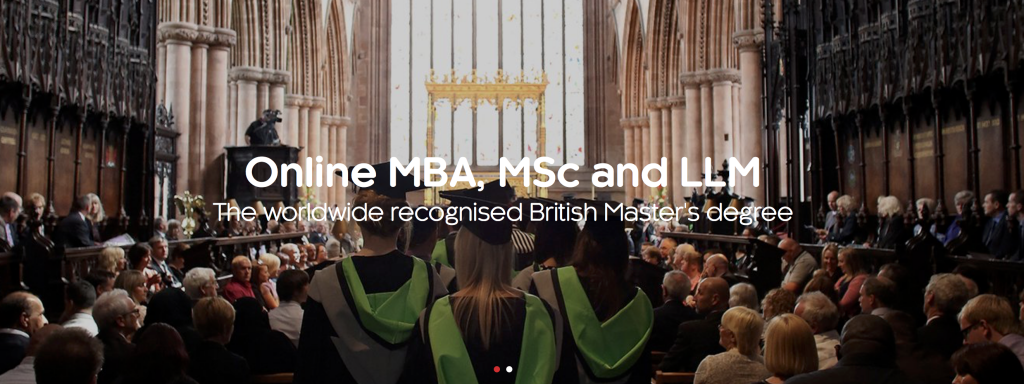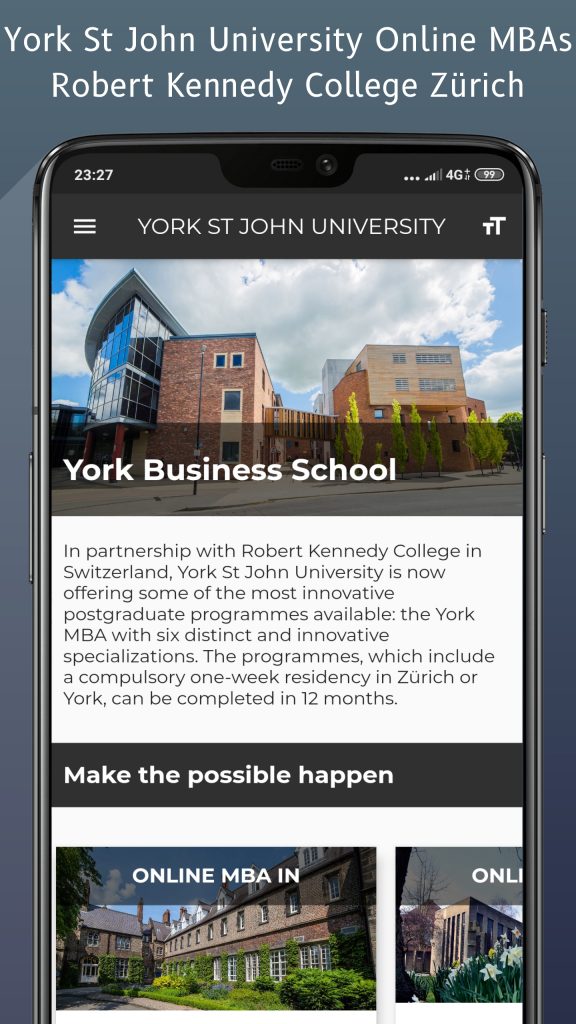29th November: It’s Black Friday sales. I know exactly how (and where) I am going to spend my weekend. The holiday season is around the corner and I have one of the most important pieces of my holiday look to hunt for – the makeup. It takes a lot of research, time and effort to find the right makeup that’s good for my skin, is the right colour matching my skin tone and when applied makes me look great! Ladies here would agree with me hands down and men must have had this experience with their wife or girlfriend, how critical this matter is for us women folk.
Even before I hit the store I had scrutinized websites, reviews, makeup influencers on YouTube, Instagram and popular trends. I left no stone unturned. I could have ordered the makeup online, however, I wanted to try it before I invested in the product. Backed up by my research, I felt confident as I entered the store. I was still overwhelmed by the variety and options I had to choose from and I decided to test the products. The makeup artist there explained to me which product line would suit me and also gave me tips on how to apply makeup while she magically did my makeover! I couldn’t agree more with her. Once I saw it, I believed it. I found the makeup that works best for me!
You might wonder why I am sharing with you my weekend rendezvous at a beauty product store. For my requirement of makeup supplies (not a life-changing decision) – an expenditure worth say $100-$150, I went through intensive research to find the right product that will last me another 3-4 months. Worst case scenario I can replace it with another product.
This got me thinking that when you decide to upgrade your educational qualification taking a Masters’ to progress your career and decide to commit your time and hard-earned savings to that programme, it must not be an easy task. For a life-changing decision costing about 100 times more than my trivial makeup expense, you must do your homework and make an informed choice. You may be overwhelmed by the choices and options of online programmes offered by several universities and it would be great to be able to test or try the programme before investing in it. You would like to find the right fit for yourself.
If you are new to online learning, it’s natural to have questions about how the online learning system works. It is not always easy to adapt to a new environment. You might feel like an alien in the world of virtual classes. Some of us are used to the brick and mortar setup, physical presence in a classroom with face-to-face interaction with the lecturer and peers. Others are perfectly comfortable with being connected electronically from anywhere in the world.
After scanning through various university websites, reviews, rankings and course curriculum there will be some practical queries that still remain unanswered. How does online learning work? What does it look like? Can I access study material anytime? Are there online videos and lectures? What times am I required to be online? Is the study material available 24×7? How do I access readings, submit assignments and review assessments? How rigorous is the pace of online learning and how will it fit my busy work-life schedule?
As I said before, you gotta see it to believe it. I would therefore highly recommend anyone contemplating taking an online Masters with RKC and plagued by any or all of the above questions to register for a free trial account. The trial account gives you a preview of the ‘OnlineCampus’ platform and provides you with an opportunity to elucidate any concerns or inhibitions about the programme. I would like to highlight a few benefits that the trial account offers along with screenshots to give you a ‘real’ sneak peek and enable better understanding:
1. The Trial Account enables you to sit on a live module in real-time for 30 days.
2. Access real materials
You can listen to audio lectures, download the PDF files, read case studies and other materials, just like the ones you will be studying. Once downloaded onto your own computer or tablet, these can be accessed and studied in a time that fits your busy schedule: before breakfast, lunch hours, evenings, weekends or any time you choose.
3. Live “auditor” access to on-going class discussions
You can see the Class Forum and observe how students from different countries (and time zones) communicate with the course instructor and each other to create a dynamic “classroom” environment.
4. Full-access to a number of public discussion areas where you get unfiltered responses from real students as well as RKC staff
You are able to access a variety of other forums where you can ask questions to the Dean, other students, or our academic advisors.
5. The trial account costs you just your time
Last, but definitely not least, the Trial account is free! The only investment for you is the time spent to actually use the platform and make an idea about how we support students through their learning journey.
The trial method worked really well for me as I could witness and test the products before buying them. Similarly, I trust going through the trial account will prove to be beneficial in helping you make the right decision about enrolling in an online master’s programme.
Are you ready to sit down and have a look? Simply download the catalogue here and get a link to activate the trial account for an online MBA, MSc or LL.M programme. If you have any questions, feel free to post it in the comments below.
Until then, have a good (trial) time!















